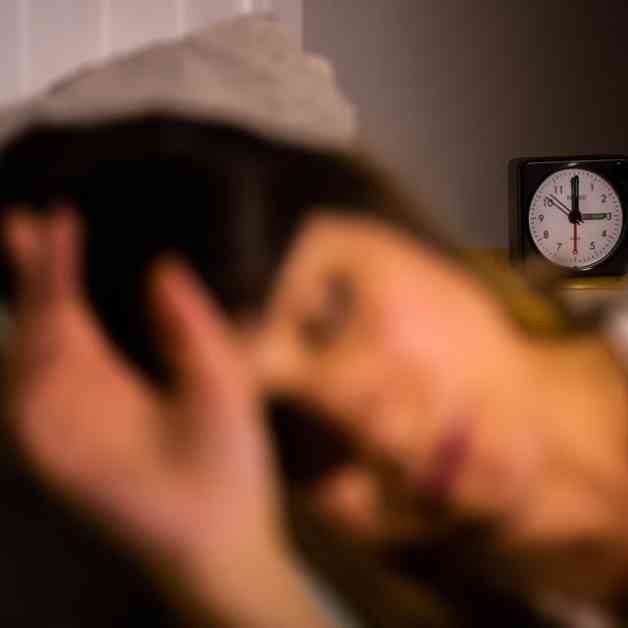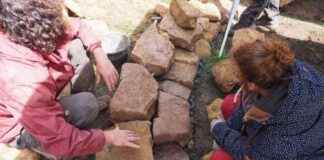One-Third of Swiss Population Suffers from Sleep Disorders
In 2022, a third of the population in Switzerland suffered from sleep disorders, according to the latest data from the Federal Statistical Office (OFS). Over 25 years, the percentage of people affected has increased by 5 points. Sleep is a vital physiological need, and its disruption can have serious consequences on physical and mental health. Sleep disorders impact energy levels, concentration abilities, and perceived quality of life, making it a major public health issue, as highlighted by the OFS.
While a third of the population experiences medium (26%) or pathological (7%) sleep disorders, not everyone is affected in the same proportions. Women are more likely to suffer from sleep disorders than men (37% versus 29%), and sleep disorders increase with age.
Rise in Young People
Pathological disorders have seen the most significant increase proportionally over 25 years (5% in 1997 to 7% in 2022). The most affected by this increase are young people aged 15 to 39 and women. Among young women, the proportion of those suffering from pathological disorders has almost tripled, from 3% in 1997 to 8% in 2022, according to the OFS.
Sleep disorders are a major public health issue, strongly influencing both mental and physical health. They have a significant impact on energy levels and perceived quality of life, as stated by the OFS.
Impact at Work
Individuals with pathological sleep disorders often exhibit moderate to severe symptoms of depression more frequently than those without sleep disorders (35% versus 4%). Similarly, they experience psychological distress (18% versus 2%) or moderate to severe symptoms of generalized anxiety disorder (25% versus 3%) more often.
Sleep disorders can also have repercussions in the workplace, including absenteeism, job dissatisfaction, or even the risk of burnout. For example, 41% of individuals with pathological sleep disorders are at risk of burnout, compared to 29% with medium disorders and 17% without sleep disorders. It is worth noting that work-related stress or lack of social support are associated with sleep disorders.
Physical Health
There is a vicious cycle between sleep and pain, as highlighted by the OFS survey: musculoskeletal diseases and accompanying pain can disrupt quality sleep, while sleep disorders can intensify pain perception and hinder recovery. People with musculoskeletal diseases are more likely to report sleep disorders than those without such conditions: 53% versus 32% for arthritis or 40% versus 27% for back pain, for example.
Method
This publication is based on data from the Swiss Health Survey conducted every five years since 1992 by the OFS. A total of 19,137 individuals aged 15 and above responded to the questionnaire. Pathological disorders refer to frequently restless sleep and waking up several times during the night. Medium disorders involve having difficulty falling asleep, restless sleep, waking up multiple times during the night, or waking up too early in the morning, as specified by the OFS.







![EuroDreams (FDJ) Result: Draw of Thursday, November 28, 2024 [Online] news-29112024-173727](https://shanghainewstv.com/wp-content/uploads/2024/11/news-29112024-173727-218x150.jpg)









